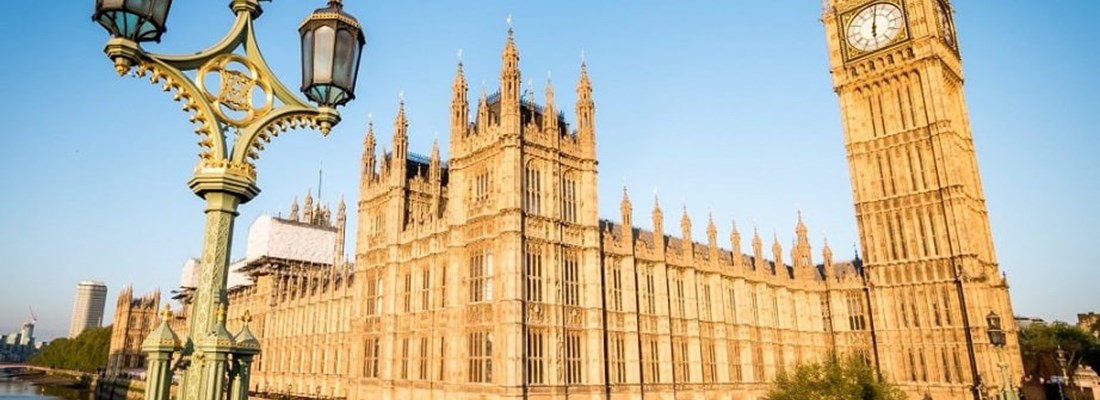Chancellor cuts taxes in Mini Budget as he aims for growth

Chancellor of the Exchequer Kwasi Kwarteng made a series of tax cuts in his Mini Budget with the aim of boosting the UK’s economic growth. In addition, to tax cuts totalling £45 billion the Chancellor outlined a number of other measures as he promised a ‘new era for Britain’.
The Chancellor tax cuts included bringing forward the planned reduction in the basic rate of income tax to 19p by a year to April 2023. The 45p tax rate for top earners over £150,000 will be abolished at the same time.
The Chancellor also confirmed that the 1.25% rise in national insurance contributions (NICs) that came in this year will be reversed from 6 November while the Health and Social Care Levy has been cancelled.
Additionally, the level at which homebuyers will start to pay Stamp Duty Land Tax (SDLT) in England and Northern Ireland has been doubled from £125,000 to £250,000. First-time homebuyers will pay no SDLT on homes worth £450,000, up from the previous price of £300,000.
In addition to tax cuts Mr Kwarteng also reiterated the details of the energy relief packages for domestic and business users this winter. The cost of subsidising both domestic and business energy bills will cost £60 billion for the next six months, he added.
Business benefits
For businesses, he planned rise in corporation tax to 25% will be scrapped and the rate maintained at the current 19%.
In addition, Investment Zones will be established across the UK that benefit from lower taxes and liberalised planning frameworks to encourage business investment.
The government is already in discussions with 38 local authorities to establish investment zones in England. In addition, it says it will work closely with the devolved administrations to offer the same opportunities in Scotland, Wales and Northern Ireland.
As well as time-limited tax benefits there will be designated development sites that will release more land for housing and commercial development in the zones. The need for planning applications will be minimised and streamlined.
Repealing regulations
The Chancellor also committed to repealing the off-payroll legislation. The IR35 Reforms, which rolled into the public and private sectors in 2017 and 2021 respectively will no longer apply from April 2023.
The cap on bankers' bonuses, which limited rewards to twice the salary level, will be axed.
Breaking the cycle
Mr Kwarteng said: ‘Growth is not as high as it needs to be, which has made it harder to pay for public services, requiring taxes to rise. This cycle of stagnation has led to the tax burden being forecast to reach the highest levels since the late 1940s.
‘We are determined to break that cycle. We need a new approach for a new era focused on growth. We will be bold and unashamed in pursuing growth – even where that means taking difficult decisions.’
Keeping your clients informed
Mercia has a range of non-branded, digital products which will cover all recent developments. Written by our expert technical team, the content is engaging and easily digestible for your clients.




